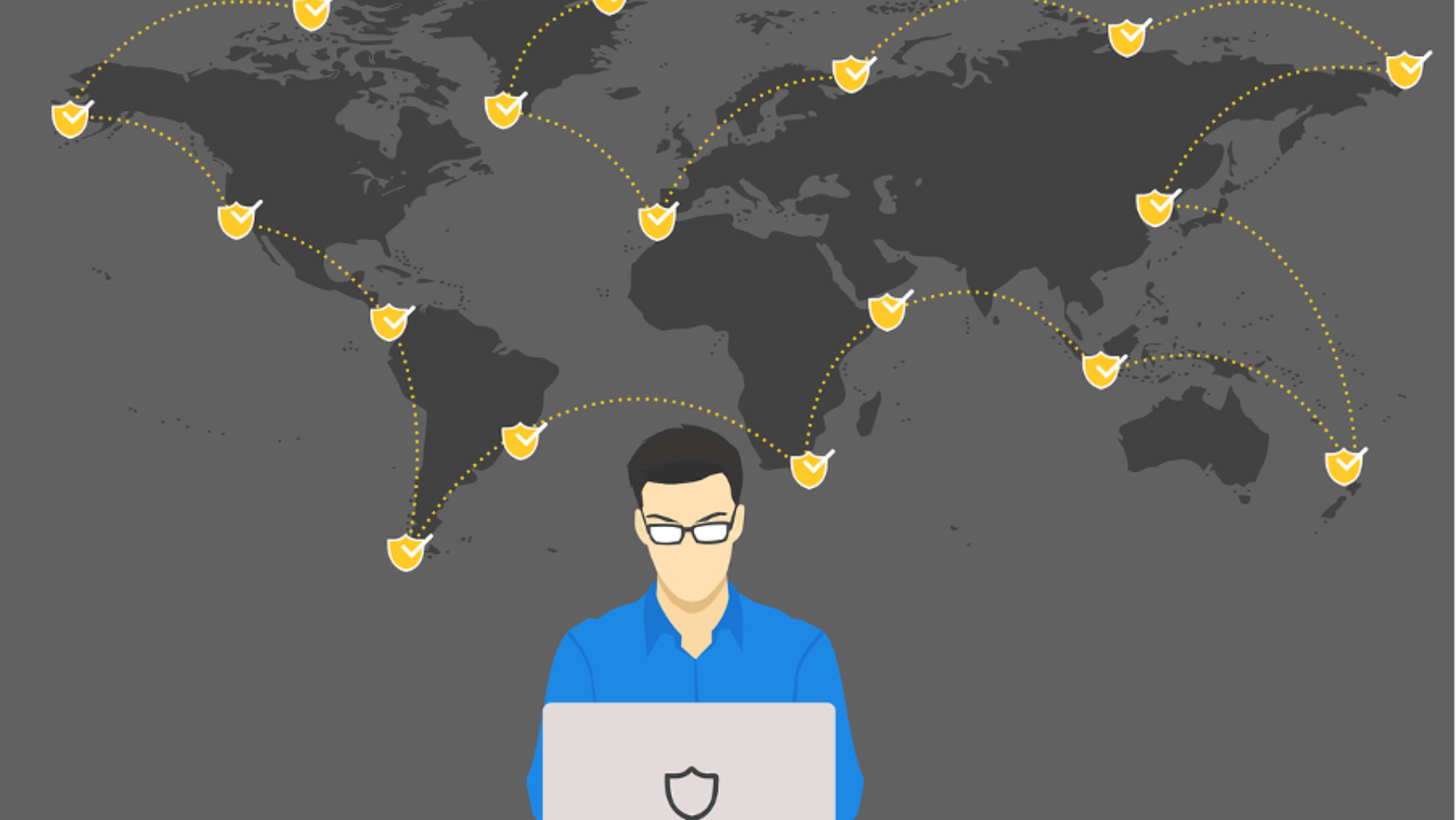White House Scrambles to Address Chinese Espionage Hack
The Salt Typhoon cyberattack is rapidly evolving from a tech news headline to a full-blown national crisis, forcing the White House to step in with...
4 min read
 Chelsea Zimmerman
:
Oct 7, 2024 11:17:12 AM
Chelsea Zimmerman
:
Oct 7, 2024 11:17:12 AM
In a world increasingly connected through technology, privacy and security are top priorities for anyone using the internet—especially for American middle-class families and businesses that rely on secure communications to protect their livelihoods. But the recent cyberattack targeting U.S. wiretap systems should make us all question one key assumption: when we create backdoors for "the good guys," are we inadvertently opening those doors for the bad guys, too?
CATASTROPHIC: Chinese hackers massively wiretapped 🇺🇸USA by compromising the interception portals mandated under US law.
— John Scott-Railton (@jsrailton) October 5, 2024
Remember this the next time a government demands encryption backdoors.
By: @bysarahkrouse @dnvolz @aviswanatha @bobmcmillan h/t @RonDeibert
READ:… pic.twitter.com/vamrQ2xA61
Just recently, a China-linked hacking group, Salt Typhoon, breached the networks of major U.S. broadband providers, including Verizon, AT&T, and Lumen Technologies. Their target? The very systems that are supposed to facilitate lawful wiretaps requested by federal authorities. This means that hackers—potentially for months—had access not only to the private data being monitored for investigations but also to broader swathes of internet traffic, all thanks to a vulnerability in a system created for law enforcement use.
Think about that for a moment. A broadband wiretap system that was put in place to support criminal investigations was compromised, potentially exposing private and sensitive data to an adversary. And this wasn't some shadowy figure in a basement; it was a sophisticated, nation-state-backed group aiming for intelligence collection. So, what's the lesson here?
Whenever you hear the word "backdoor" in the context of encryption or network security, the argument usually goes like this: If law enforcement has a backdoor, it can access criminals' data and keep us all safe. The idea is that the backdoor will be used responsibly—only by those we trust, with a court order, to serve justice and protect national security.
But this recent hack proves a critical point that privacy advocates have been saying all along: backdoors aren't exclusive. They might be built with good intentions, but they become available to anyone who finds a way in—whether it's a skilled hacker, a foreign government, or even a rogue employee. A door is a door, and when you create one, anyone can walk through it. In 2023 I wrote a post about encryption backdoors with an attached paper I wrote during university in 2020 exposing the three major problems with encryption backdoors. Jeff Hudson from Venafi echoes the same warning in this video (2019).
In this case, Salt Typhoon didn't need to break strong encryption on their own. They found a key, already cut for law enforcement, sitting in the lock. And this isn’t just about wiretaps or court orders. Imagine your business communicating proprietary information over the internet—maybe it’s product development, new partnerships, or sensitive strategies. If hackers can access the backdoor to those systems, all of that information could be in their hands, too.
There's constant pressure from governments to bake-in systems for access.
— John Scott-Railton (@jsrailton) October 5, 2024
Failure to comply with those demands is met with big sanctions. Just look at Durov.
Yet I predict that there will be zero meaningful accountability over this breach.https://t.co/TkgEP3xvYS
When discussing encryption backdoors, we need to consider who really benefits. The promise of better policing and enhanced national security makes sense on the surface. But when those backdoors end up being exploited, it's regular people—like the middle-class American, the small business owner—who are put at risk. Your private emails, financial data, business communications—backdoors make all of it vulnerable.



The recent broadband wiretap hack shows that even the most sophisticated cybersecurity systems can fall victim to advanced attackers. And this isn’t just a one-off situation. Nation-state hacking groups like Salt Typhoon have the resources to persistently find and exploit vulnerabilities in technology designed to protect us.
The companies involved—Verizon, AT&T, and Lumen—are some of the biggest names in telecommunications, and their infrastructure is vast. But the scope and sophistication of this breach demonstrate that no company, no matter how large, is immune. It’s a sobering reminder that any system, no matter how well-defended, can be breached if someone is determined enough.
There's a false sense of security that often comes with "lawful access" systems. The average person might think, "If law enforcement can get in, it's for a good cause, and it won't affect me." But here's the reality: once a vulnerability exists, it's only a matter of time before it becomes known to people who have malicious intent.
Think about it like this: a backdoor key is like having a spare key to your house hidden under the doormat. Sure, it’s convenient if a trusted person needs to get in. But the moment someone else finds out it’s there, your security is compromised. Encryption backdoors work the same way, except the consequences are far more serious than a break-in—they involve potential surveillance, data theft, and loss of privacy.
As technology users, we need to start questioning the logic behind backdoors in encryption and network security. We need to demand that our devices, networks, and broadband services are secured with no "hidden keys" that can be exploited. We must push for stronger encryption, not weaker systems that make it easier for the wrong people to get in.
The hack of the U.S. broadband wiretap system is a wake-up call (and not the first). The idea that backdoors can be safely controlled is a myth. Backdoors are an invitation to hackers, a risk that puts all of us in harm’s way—whether we realize it or not. We must be cautious of giving away our privacy in the name of security, especially when the solution could be as harmful as the problem.
The time has come to rethink our approach to privacy and security. Backdoors might seem like a shortcut to safety, but as this attack shows, they are shortcuts that lead directly to the wrong hands. And when that happens, it's the American middle class and small businesses that pay the price.

The Salt Typhoon cyberattack is rapidly evolving from a tech news headline to a full-blown national crisis, forcing the White House to step in with...
 Read More
Read More

In 2025, cyber threats are everywhere, lurking in every corner of the digital world. These threats may aim to disrupt your computer, steal sensitive...